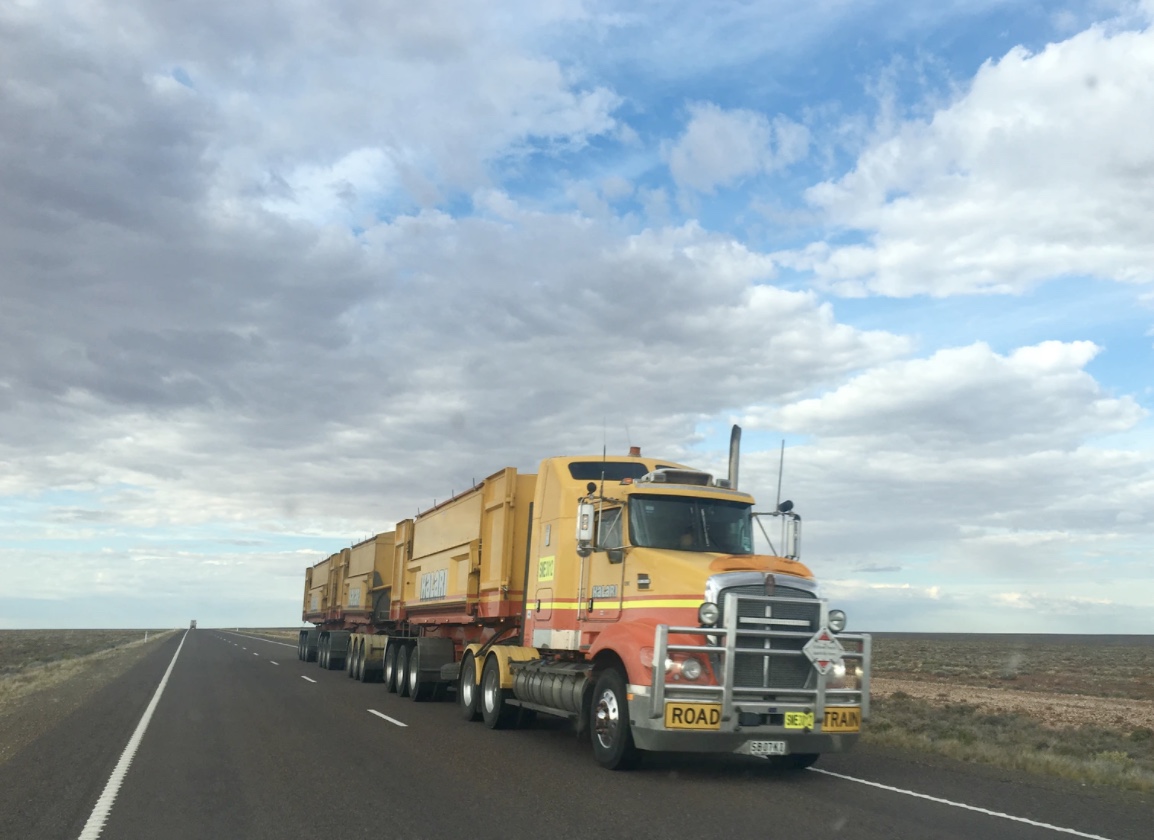When it comes to getting a license, people can get a little nervous, especially if it’s been a while since they took tests in school. The good news is that getting a heavy vehicle license isn’t too much trouble. The following will explore some of the things you might want to keep in mind if you’re seeking to get your heavy vehicle license.
Contents
Why You Might Want A Heavy Vehicle License
Getting licensed to drive a heavy vehicle can open up your work and career options. Buses, trucks, lorries, trailers, garbage haulers, tractors, and cement mixers are just a few examples of vehicles that require an additional license for someone to drive them legally. Industries like mining, construction, bus driving, and the government can all require this type of license.
Moreover, heavy vehicle licenses can give you legal permission to drive RVs, caravans, Winnebago, and other large recreational vehicles. Any vehicle that has three or more axles and a gross vehicle mass (GVM) or aggregate trailer mass (ATM) of above 4.5 tonnes is considered a heavy vehicle. Examples include semi-trailers, mobile cranes, b-double freight trucks, vehicle carriers, road trains, and passenger buses.
You cannot drive these types of vehicles without a special license. A heavy rigid licence is needed if you want to legally drive a heavy vehicle. Sometimes, you’ll hear the name shortened to HR license.
There Are Three Types Of HR License
It’s a good idea for you to figure out which types of vehicles you want to drive before you begin pursuing your HR license, as there are three different variations. The first license is called heavy rigid automatic (HR-A), and this license gives your permission to drive automatic vehicles of the size described above. The heavy rigid synchromesh (HR-B) permits you to drive both automatic and manual heavy vehicles. The Open (HR) permits you to drive a road ranger gearbox (double-clutch) in addition to automatic and synchromesh.
You Can’t Start From Scratch
To get an HR license, you’ll need to have held other licenses before. A C-class license needs to have been held for a minimum of two years or a light rigid (LR) or medium rigid (MR) for one year. If you have an international license, you will need to first apply for a heavy rigid permit (HR Permit) before you can begin practicing driving a heavy vehicle.
A Knowledge Test Is Required
Just like getting your standard license, you’ll need to pass a written test that proves you understand the rules of the road. There are practise tests available online, so you can brush up on your skills if you need to. This test will be taken at your local Roads and Maritime Services location.

You’ll Want To Book Lessons
Before you take the actual driving test, you’re going to want to practise driving a heavy vehicle. The majority of heavy vehicles are not structured so as to allow for a rearview mirror, meaning you’ll need to get comfortable using only your side mirrors. Heavy vehicles are also slower to accelerate and require wider gaps for most driving maneuvers. All of these variations can result in heavy vehicles being hard to drive if you don’t have practice.
Big Vehicles Come With A Big Responsibility
The reason there are so many steps involved in getting your heavy vehicle license is that these machines are powerful and can do a lot of damage if they’re not properly manned. Each industry that uses heavy vehicles will have its own code of practice, but steps should always be taken to ensure that a driver is capable, awake, clear-headed, and comfortable driving a heavy vehicle. Further, there are maintenance and loading regulations to help keep these giant vehicles away from causing harm. Drivers should refuse to take the vehicle on the road if the weather is not conducive to safe driving, their mindset isn’t primed for focus, or their vehicle isn’t in great condition.
The above information should have set you up for the pursuit of your heavy vehicle license. It is crucial that you don’t attempt to skip steps within this process. If you do and are found out, you run the risk of not being able to get this license or the jobs you were looking at.
